Wishing everyone a happy, peaceful, and creative weekend!
Find the Art in Everything
Filed under Art, attitude, Creativity, inspiration, poetry, Writing
On Keeping A Notebook by Joan Didion
In “Slouching Toward Bethlehem” by Joan Didion, we find the brilliant and prolific writer’s essay On Keeping A Notebook. As an avid notebook keeper, I find her observations and self-awareness about the process and results of this obsessive habit both humorous and inciteful. Written over 50 years ago, her words still ring true today, whether it’s observations in a notebook or posts on social media and blogs. The events we write about and our recollections of them are merely our interpretation of them, and more about experiencing them than accurately documenting them.
Here are a few of my favorite excerpts… You can find a copy of the entire essay here.
“But our notebooks give us away, for however dutifully we record what we see around us, the common denominator of all we see is always, transparently, shamelessly, the implacable “I.” We are not talking here about the kind of notebook that is patently for public consumption, a structural conceit for binding together a series of graceful pensées; we are talking about something private, about bits of the mind’s string too short to use, an indiscriminate and erratic assemblage with meaning only for its maker.”
“I always had trouble distinguishing between what happened and what merely might have happened, but I remain unconvinced that the distinction, for my purposes, matters.”
“How it felt to me: that is getting closer to the truth about a notebook. I sometimes delude myself about why I keep a notebook, imagine that some thrifty virtue derives from preserving everything observed. See enough and write it down, I tell myself, and then some morning when the world seems drained of wonder, some day when I am only going through the motions of doing what I am supposed to do, which is write — on that bankrupt morning I will simply open my notebook and there it will all be, a forgotten account with accumulated interest, paid passage back to the world out there: dialogue overheard in hotels and elevators and at the hat-check counter in Pavillon (one middle-aged man shows his hat check to another and says, ‘That’s my old football number’); impressions of Bettina Aptheker and Benjamin Sonnenberg and Teddy (‘Mr. Acapulco’) Stauffer; careful aperçus about tennis bums and failed fashion models and Greek shipping heiresses, one of whom taught me a significant lesson (a lesson I could have learned from F. Scott Fitzgerald, but perhaps we all must meet the very rich for ourselves) by asking, when I arrived to interview her in her orchid-filled sitting room on the second day of a paralyzing New York blizzard, whether it was snowing outside. I imagine, in other words, that the notebook is about other people. But of course it is not. I have no real business with what one stranger said to another at the hat-check counter in Pavillon; in fact I suspect that the line ‘That’s my old football number’ touched not my own imagination at all, but merely some memory of something once read, probably ‘The Eighty-Yard Run.’ Nor is my concern with a woman in a dirty crepe-de-Chine wrapper in a Wilmington bar. My stake is always, of course, in the unmentioned girl in the plaid silk dress. Remember what it was to be me: that is always the point.“
“Why did I write it down? In order to remember, of course, but exactly what was it I wanted to remember? How much of it actually happened? Did any of it? Why do I keep a notebook at all? It is easy to deceive oneself on all those scores. The impulse to write things down is a peculiarly compulsive one, inexplicable to those who do not share it, useful only accidentally, only secondarily, in the way that any compulsion tries to justify itself. I suppose that it begins or does not begin in the cradle. Although I have felt compelled to write things down since I was five years old, I doubt that my daughter ever will, for she is a singularly blessed and accepting child, delighted with life exactly as life presents itself to her, unafraid to go to sleep and unafraid to wake up. Keepers of private notebooks are a different breed altogether, lonely and resistant rearrangers of things, anxious malcontents, children afflicted apparently at birth with some presentiment of loss.“
Filed under American Writers, Creativity, inspiration, writer, Writing
Friday Photo: 72823
Filed under Art, Creativity, Photography, Writing
Martin Amis On Writing
This past May, we lost another literary giant, English author and satirist Martin Amis.
(August 25, 1949 -May 19, 2023)
The author of 15 novels, as well as essays, articles, and literary criticism collected in eight volumes, Martin Amis was perhaps best known for his 1973 breakout novel “The Rachel Papers”, and a trilogy of London novels: The 1985 “Money: A Suicide Note,” the 1990 “London Fields” and the 1995 “The Information.” He was also the son of famed author Kingsley Amis, one of the “angry young men” — novelists and playwrights who changed the course of British literature in the 1950s. Martin’s caustic, erudite, and bleakly comic novels redefined British fiction in the 1980s and 90s, targeting tabloid culture and consumer excess while summing up the angst and absurdity of his generation.
Martin Amis’s 16 Rules For Writers:
- Write in long-hand: when you scratch out a word, it still exists there on the page. On the computer, when you delete a word it disappears forever. This is important because usually, your first instinct is the right one.
- Minimum number of words to write every day: no “quota”: Sometimes it will be no words. Sometimes it will be 1500.
- Use any anxiety you have about your writing — or your life — as fuel: “Ambition and anxiety: that’s the writer’s life.”
- Never say ‘sci-fi.’ You’ll enrage purists. Call it SF.
- Don’t dumb down: always write for your top five percent of readers.
- Never pun your title, simpler is usually better: “Lolita turns out to be a great title; couldn’t be simpler.”
- At Manchester University (where he teaches creative writing) my rule is I don’t look at their work. We read great books, and we talk about them … We look at Conrad, Dostoyevsky.
- When is an idea worth pursuing in novel-form? “It’s got to give you a kind of glimmer.”
- Watch out for words that repeat too often.
- Don’t start a paragraph with the same word as the previous one. That goes doubly for sentences.
- Stay in the tense.
- Inspect your ‘hads’ and see if you really need them.
- Never use ‘amongst. Never use ‘whilst.’ Anyone who uses ‘whilst’ is subliterate.
- Try not to write sentences that absolutely anyone could write.
- You write the book you want to read. That’s my rule.
- You have to have a huge appetite for solitude.
A Happy Birthday to Ernest Hemingway, born July 21, 1899
Filed under British Writers, Creativity, inspiration, writer
The Worst Enemy of Creativity is Self Doubt – Sylvia Plath
A Happy Birthday to Charlotte Bronte, author of Jane Eyre, born on this day in 1816, and wishing each of you a happy, relaxing, and creative weekend…
Filed under Art, attitude, Creativity, inspiration, Writing
Friday at the Morikami Museum
It was a beautiful day to spend wandering through the Morikami Museum and Japanese Gardens in Delray Beach, Florida. Morikami’s gardens, named Roji-en: Garden of the Drops of Dew, were designed by Hoichi Kurisu to be a living exhibit as an extension of the museum. Its six distinct gardens are inspired by significant gardens of Japan. I spent hours taking pictures, and just sitting and reflecting, absorbing the serenity and beauty that surrounded me
“Immersed in society’s materialism, increasingly boxed into a systematized world, we have become immune to a simpler, more natural way of living and thinking. It is difficult if not impossible under such circumstances to experience and know reality. Despite our accomplishments and possessions, our deeper desires often remain unfulfilled. We find ourselves preoccupied with modern society’s demands, drawing us away from cultivating a more fundamental relationship with Life.
The development of the Cornell Japanese Gardens at Morikami Park offers rich potential for thought and experience. They are an invitation to stop momentarily and ponder anew what we are, where we have been, and where we are heading. My hope is that visitors will let the gardens speak to them of timeless truths and rhythms which can provide therapeutic insights for today. I hope visitors will listen to, cherish and act upon the inspiration the gardens impart to them individually.
Strolling through pine forest or bamboo grove, viewing the rock formations, arrangements of plants and cascading waterfalls, pausing to ponder the quiet surface of the lake and shoreline —little by little we are encouraged to lay aside the chaos of a troubled world and gently nurture the capacity within to hear a more harmonious, universal rhythm. We exchange burden, boredom and despair for renewal, inspiration and hope. Or, from the joy we already feel, we discover an even greater capacity for good. This is the tremendous power the Japanese gardens at Morikami Park hold for us.
My hope is that a visit to the gardens will genuinely and deeply touch each individual’s life. My hope is that progressive ideas will be born and that action will take root here, that the intuitive conviction of such enduring qualities as beauty, love, health and wholeness, integrity, creativity, renewal, and selflessness will be strengthened.
I will have accomplished my goal if visitors to the gardens come away refreshed and feeling better about themselves and their world while looking forward to sharing their experiences here with others.”
— Hoichi Kurisu, Master Garden Designer



Wishing everyone a beautiful and tranquil weekend!
Filed under Art, attitude, Creativity, focus, inspiration, Photography, Writing
Poet Spotlight: Mary Oliver (1935-2019)
I recently discovered the engaging and captivating poetry of Mary Oliver, a Pulitzer Prize-winning American poet and nature lover, whose influences included Walt Whitman and Henry David Thoreau.
Her love of nature began as a child in Ohio, where she escaped the drama of her dysfunctional family and found solace in the woods nearby. This love bloomed into a passion for both nature and poetry, which continued throughout the rest of her life.
She later worked at Steepletop, the estate of Edna St. Vincent Millay, and continued on to study at Ohio State University and Vassar College. Her first collection of poems, No Voyage and Other Poems, was published in 1963 when she was 28. She held several university teaching posts, as well as residencies in the northeast during the 1980’s and 1990’s.
She met her partner, photographer Mary Malone Cook in the late 1950’s, and eventually, the pair moved to Provincetown, Massachusetts where they lived together until Cook’s death in 2005. Mary eventually moved to South Florida, where she remained until her death in 2019.
She valued her privacy and did few interviews, preferring instead to let her poetry speak for itself. Her body of work is extensive, as is her list of honors and awards. She was awarded the Pulitzer Prize in 1984 for the book “American Primitive“, as well as The National Book Award for Poetry in 1992 for “New and Selected Poems”.
Here are the first few lines of “Wild Geese” which first caught my attention…
And these lines, from “A Summer’s Day”…
“I don’t know exactly what a prayer is.
I do know how to pay attention, how to fall down
into the grass, how to kneel down in the grass,
how to be idle and blessed, how to stroll through the fields,
which is what I have been doing all day.
Tell me, what else should I have done?
Doesn’t everything die at last, and too soon?
Tell me, what is it you plan to do
with your one wild and precious life?”
Her thoughts on creativity drew me in as well…
“ I think we’re creative all day long. We have to have an appointment to have that work out on the page. Because the creative part of us gets tired of waiting, or just gets tired.”
“To pay attention, this is our endless and proper work”
For more information and to read some of her poetry:
Mary Oliver / Poetry Foundation
And here she is reading from A Thousand Mornings in 2019
Filed under American Poets, Creativity, inspiration, poetry, writer, writinglife
Another Year Winding Down
Finally getting caught up after National Novel Writing Month, and I just wanted to take the opportunity to wish each and every one of you…
The Happiest of Holiday Seasons
and a Joyful New Year
filled with Peace, Inspiration, and Love!!
I’ll be back in just a week or so with all new posts, as well as some new bonus features.
Filed under Art, Creativity, inspiration, Writing, writinglife
Wordless Wednesday: 102622
Comments Off on Wordless Wednesday: 102622
Filed under #wordless wednesday, Art, Creativity, Photography

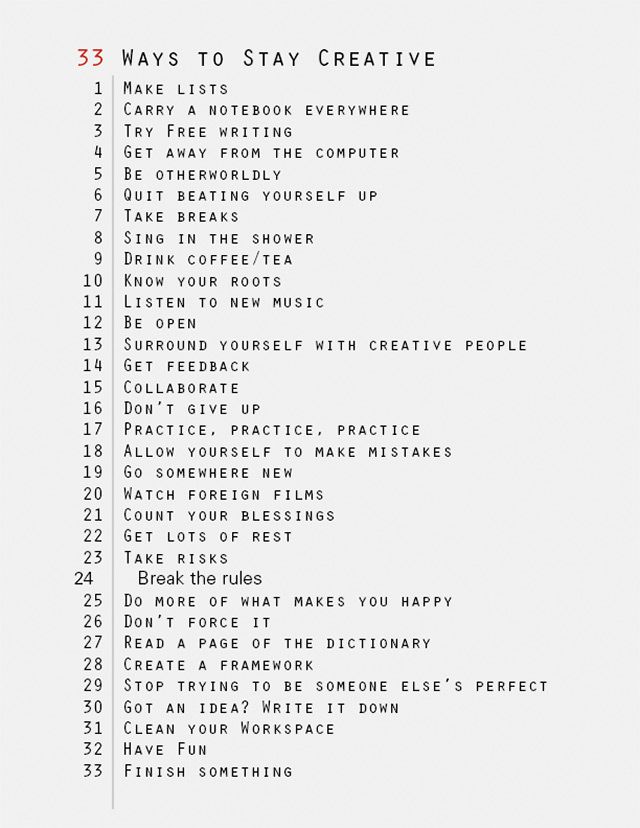
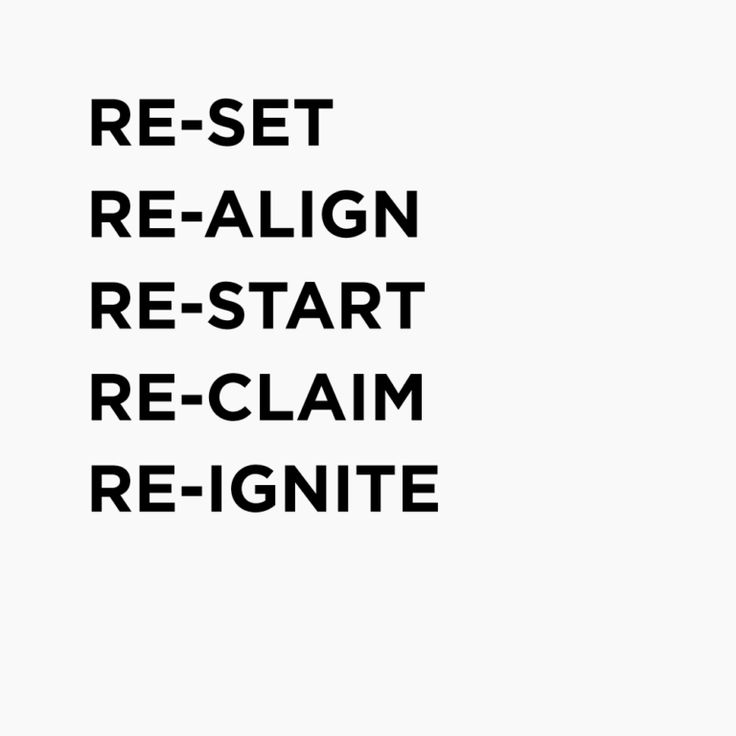
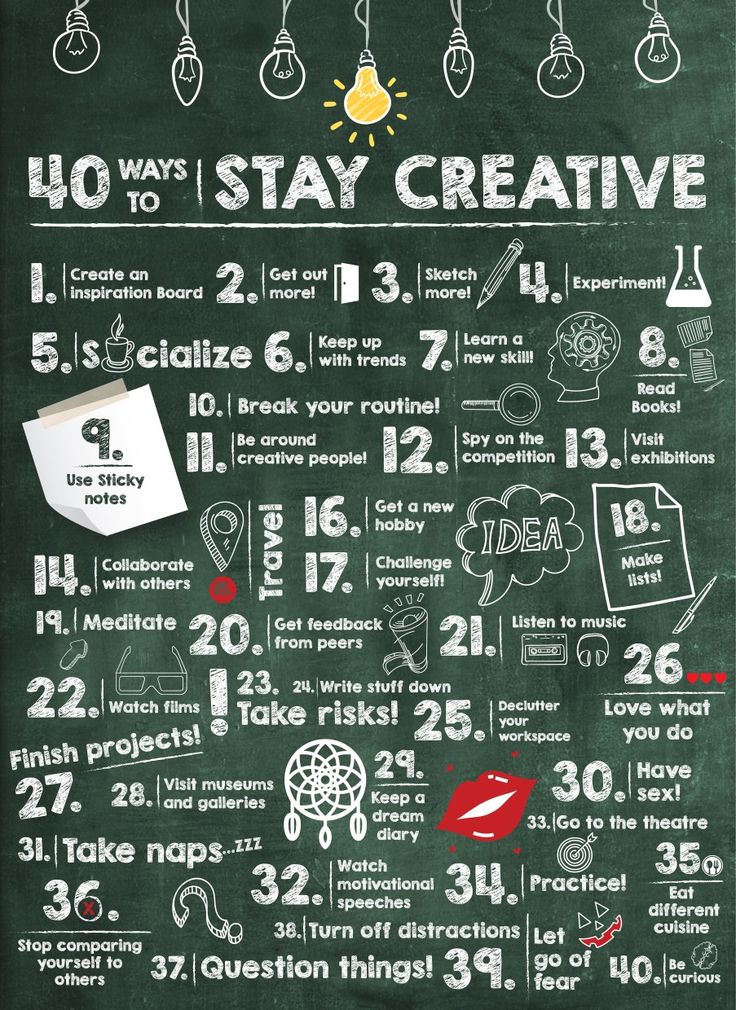
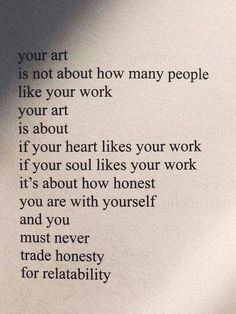
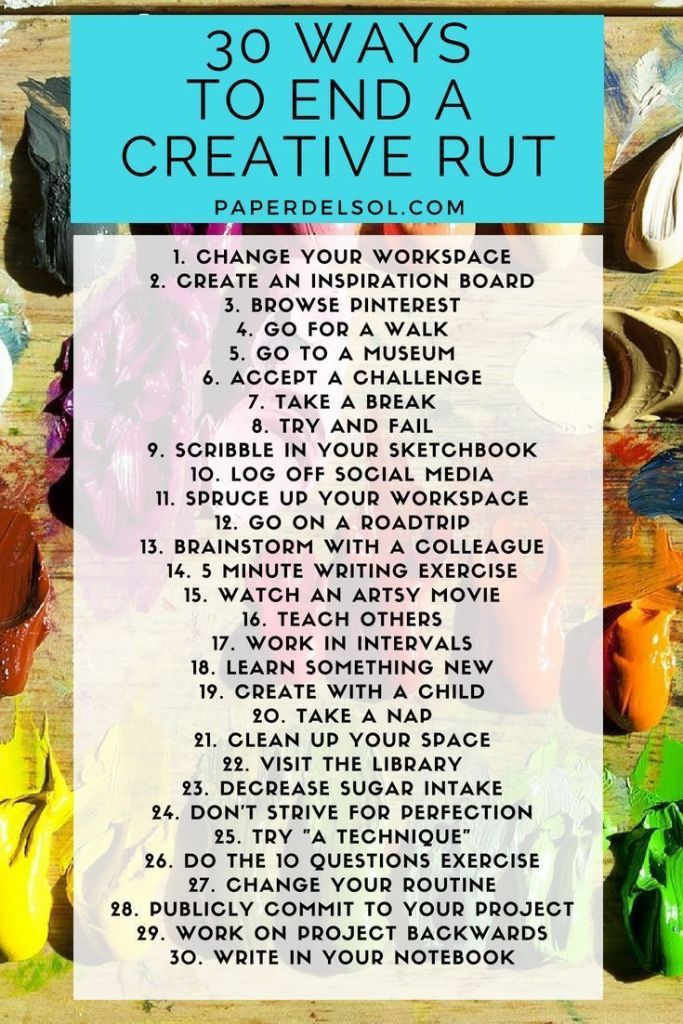
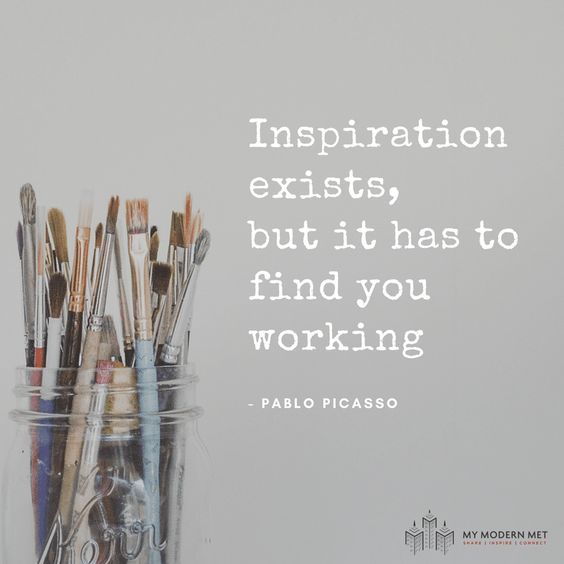
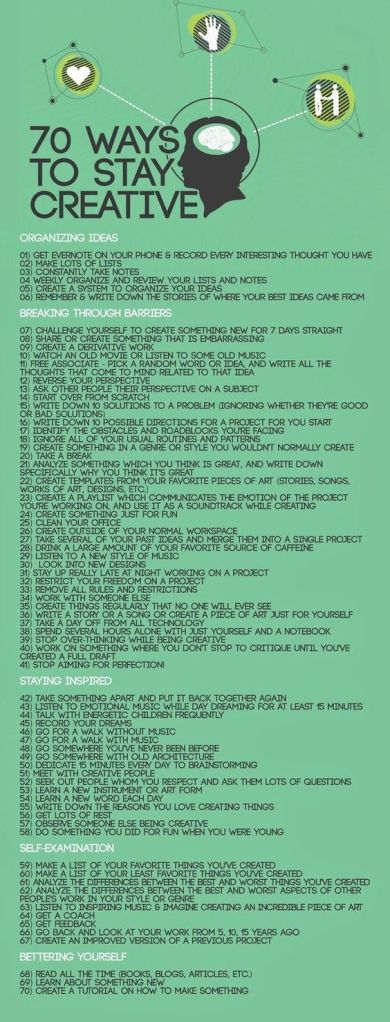
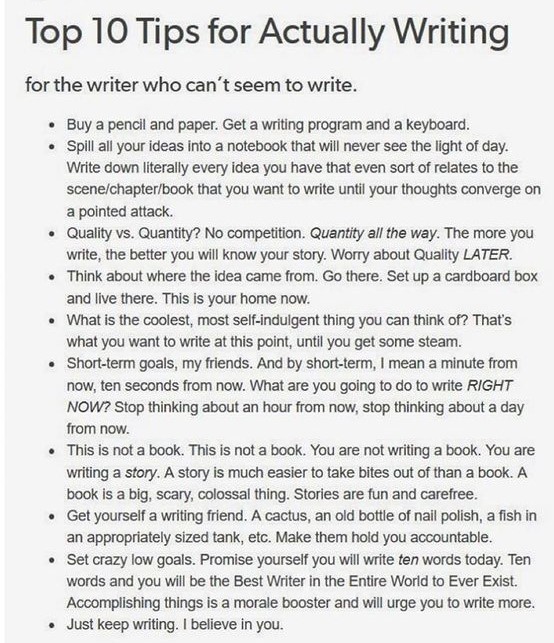

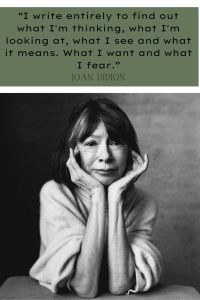
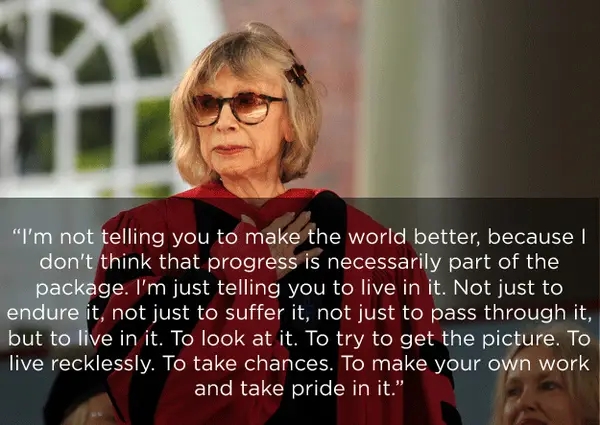

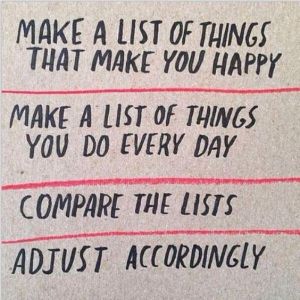

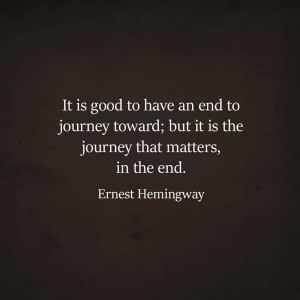
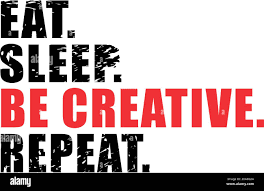
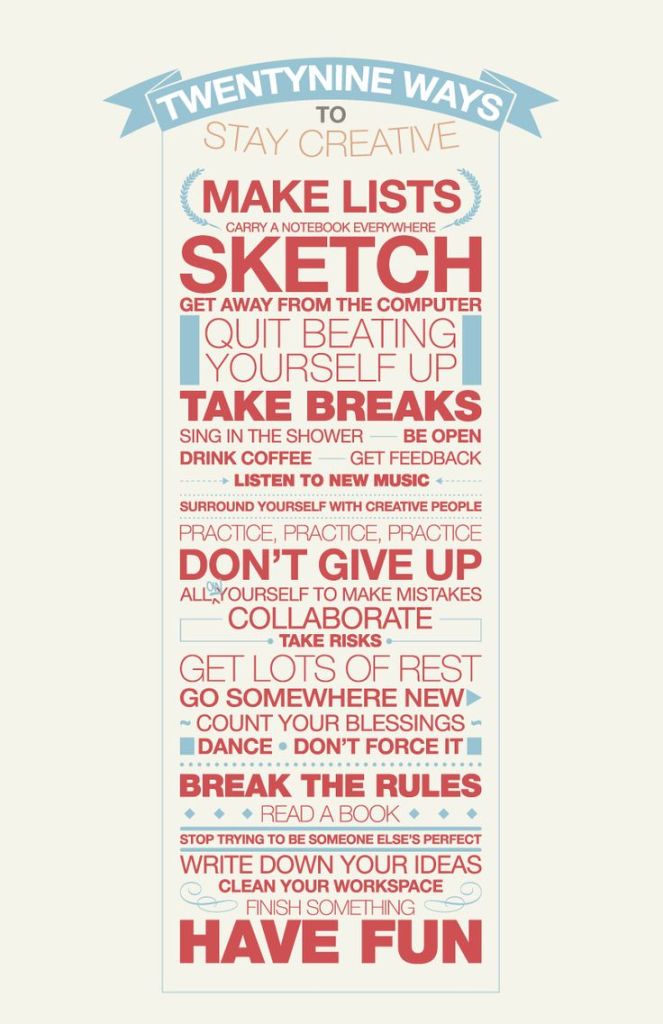
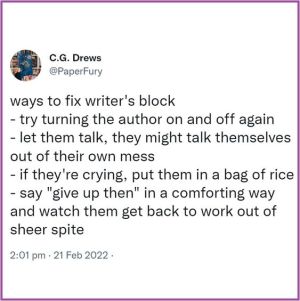
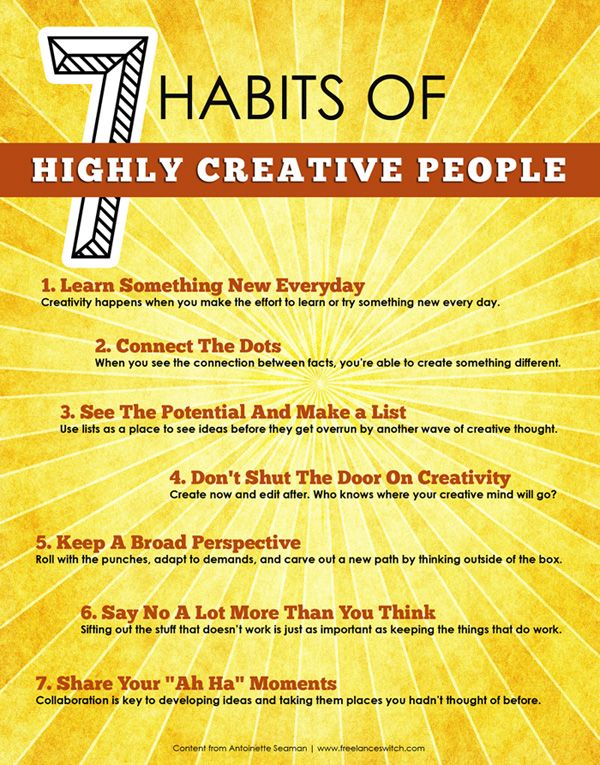
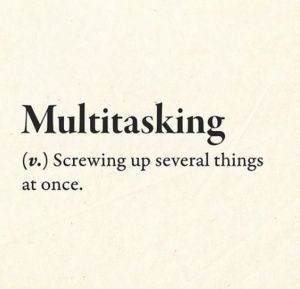
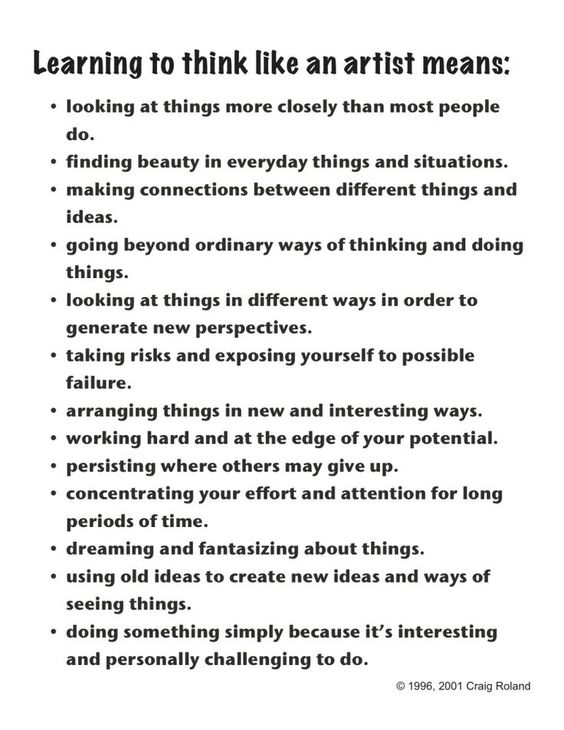
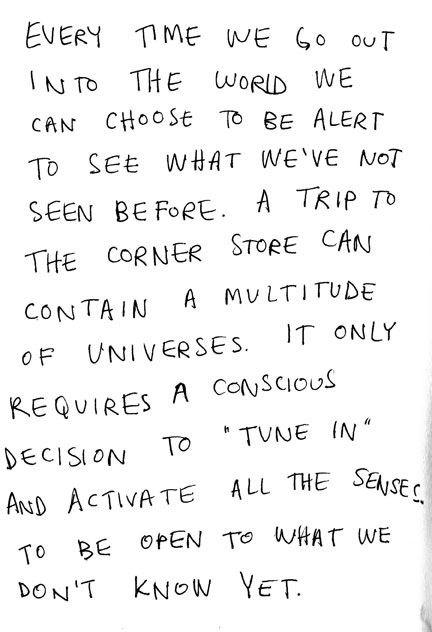

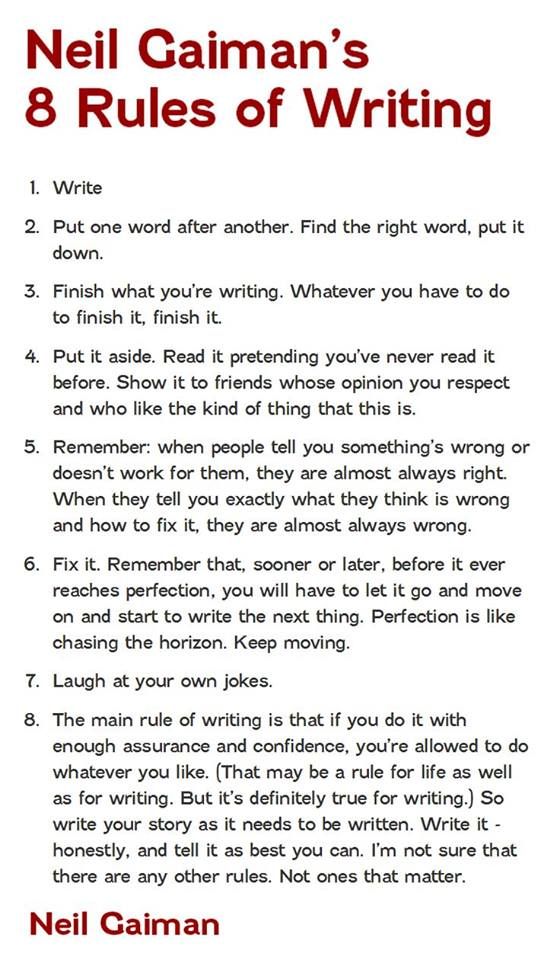
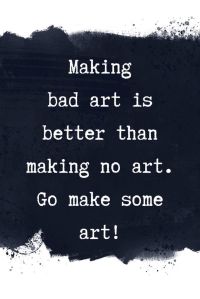

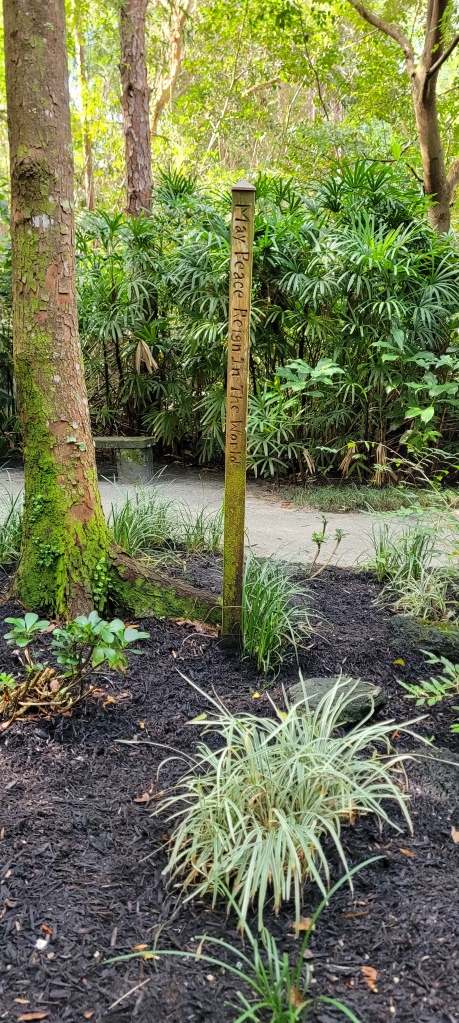
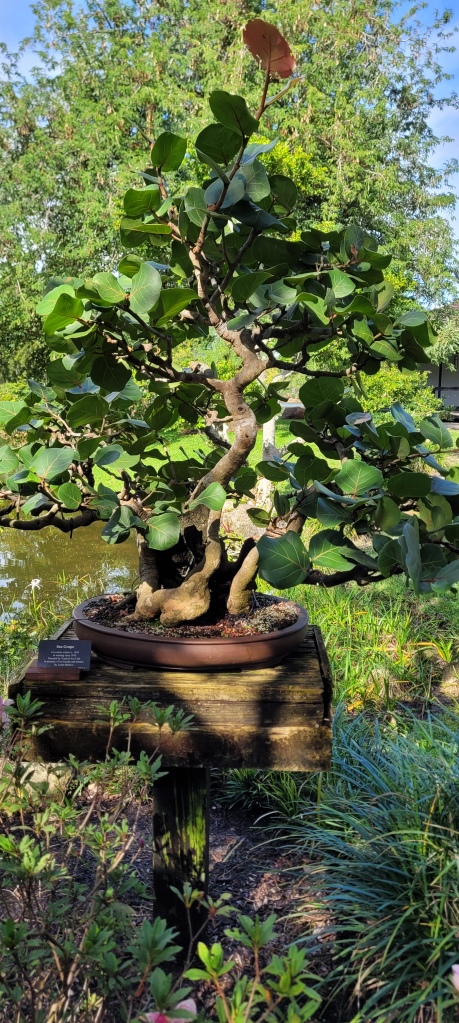
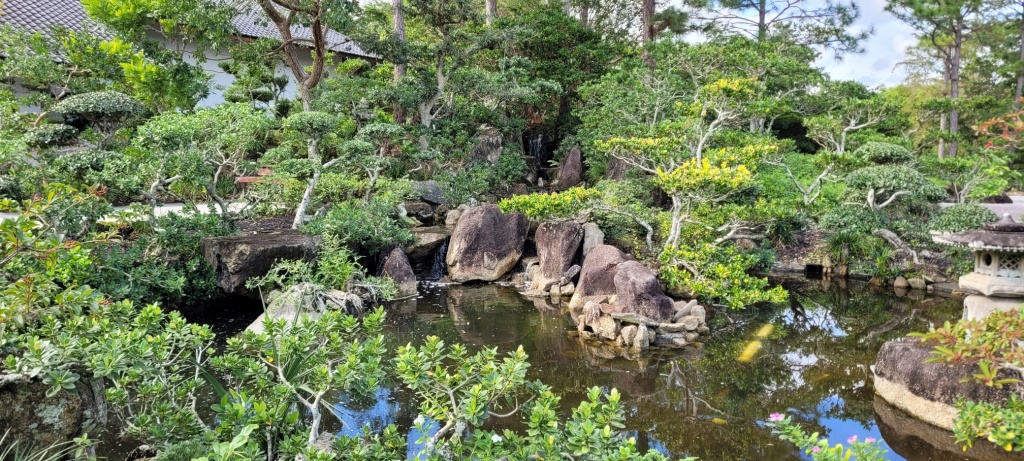
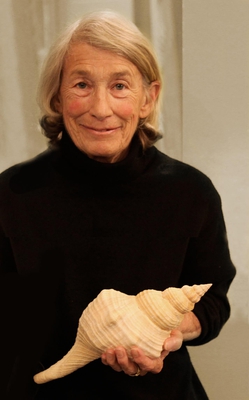
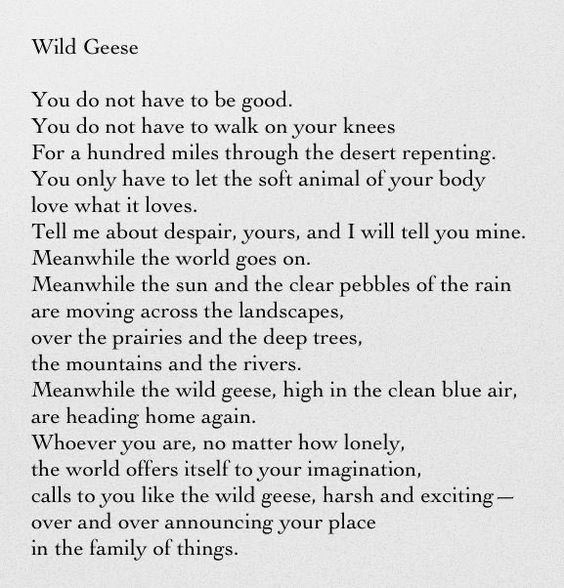
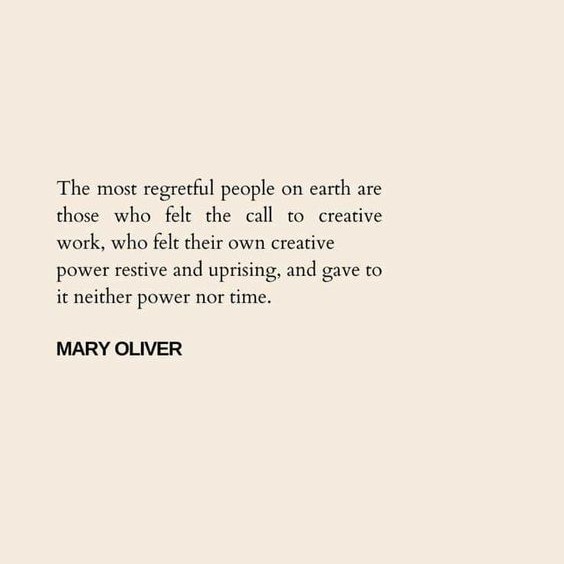
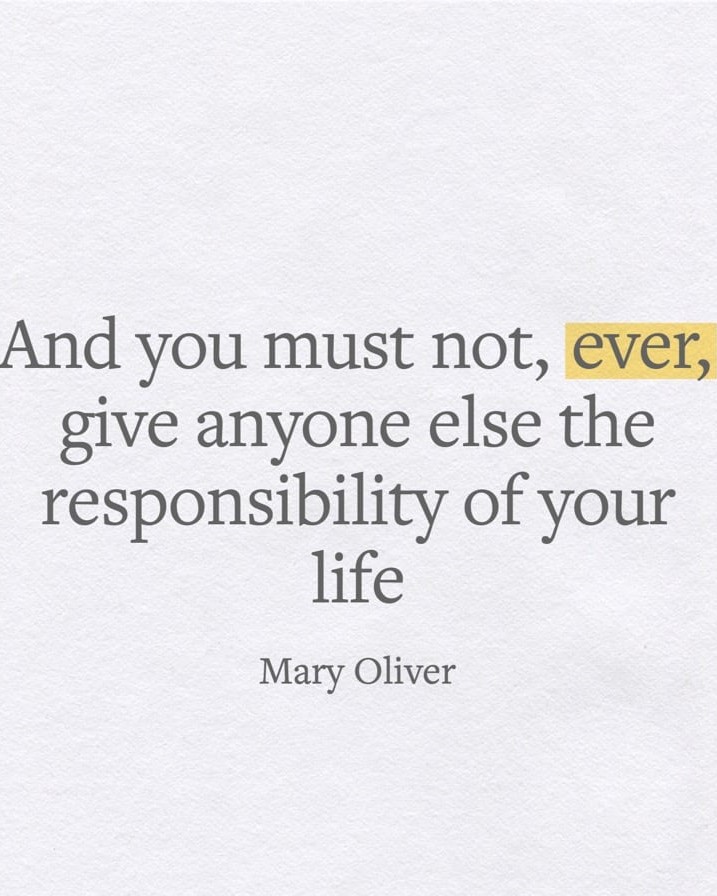
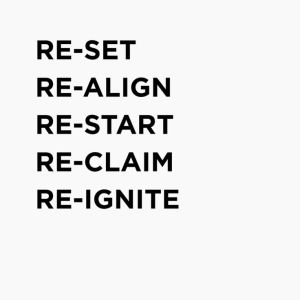
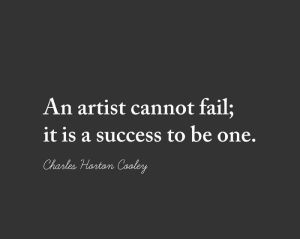





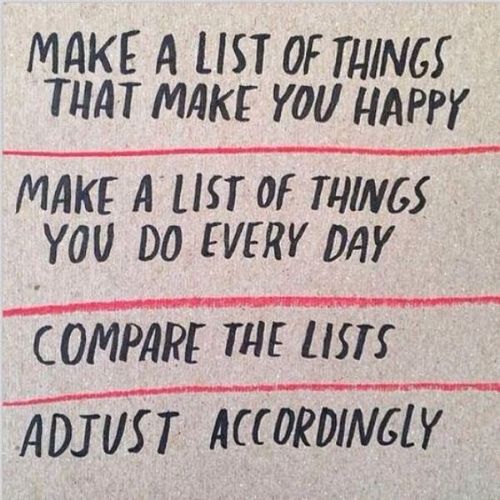

You must be logged in to post a comment.